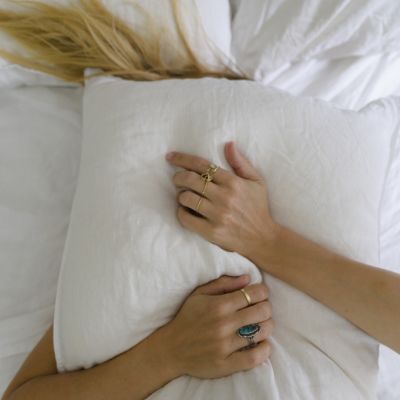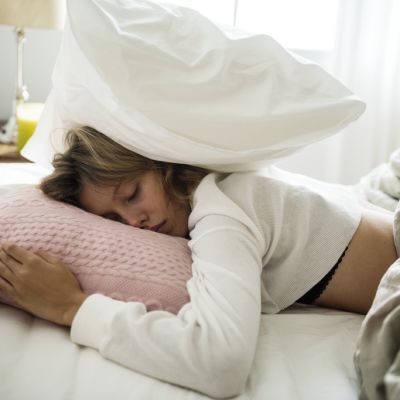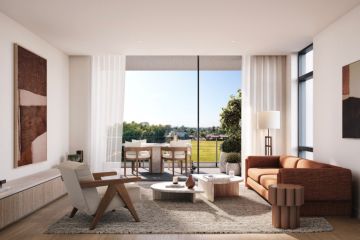How to transform your bedroom into a sleep sanctuary
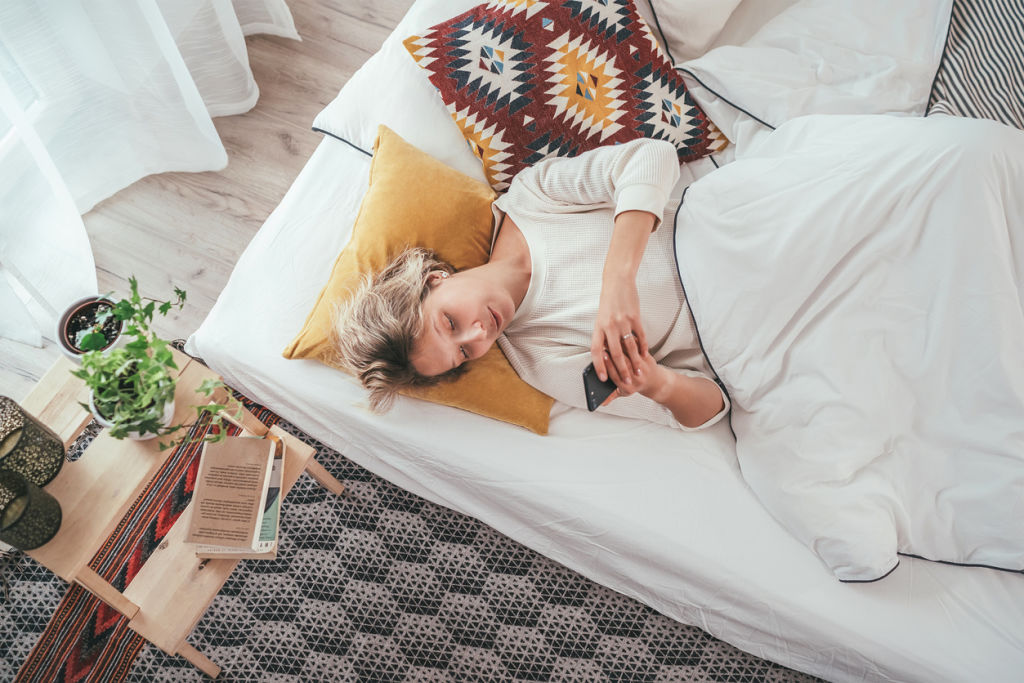
The verdict has long been in – a sound night’s sleep is essential to both our physical and emotional well-being.
“We see sleep as being one of the three pillars of good health, the other two being nutrition and exercise,” says renowned sleep psychologist Dorothy Bruck of the Sleep Health Foundation.
So why is it that achieving a restoratively sound sleep on a nightly basis evades many of us? And is there more that can be done to transform our bedroom into a true sleep sanctuary? There certainly is, according to the experts.
Take a look at these five ways to give your bedroom the most important kind of makeover – a “sleep facelift”.
Start with the basics
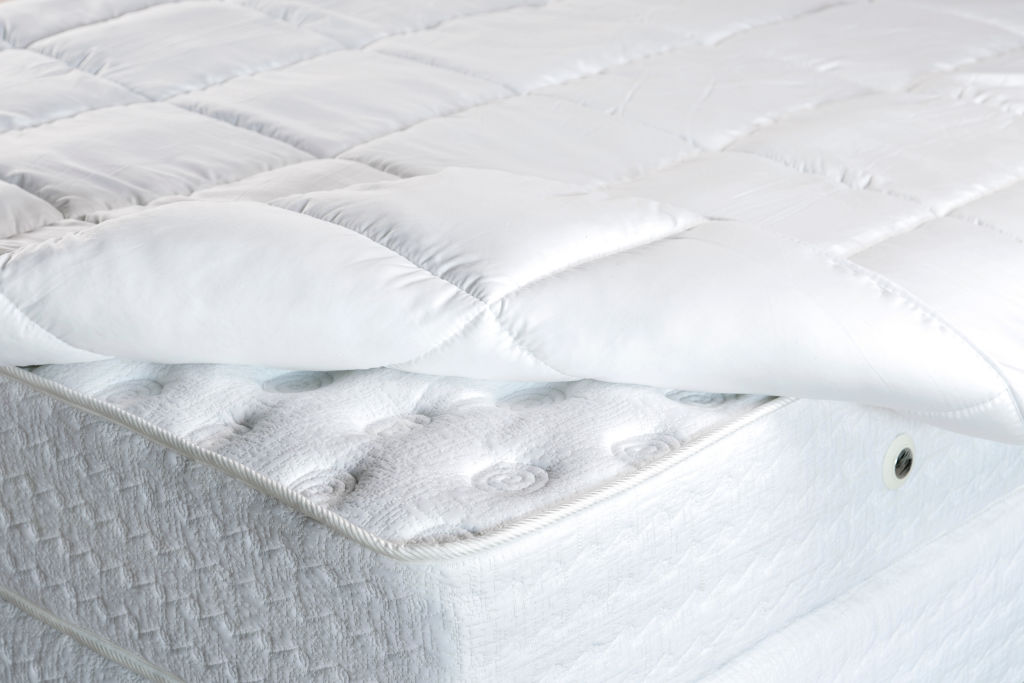
When it comes to the quality of sleep, the right “sleep equipment” – the most appropriate mattress and pillow to suit your sleep style – can play a crucial role. “These are very important,” says Professor Bruck, “and people should take care in finding out what works best for them. Do your research, read the reviews and find out what sort of sleeper you are.”
Create calm
A bedroom that imparts a mood-shifting sense of comfort and tranquillity can be instantly relaxing. And furnishings such as bedheads play an important role.
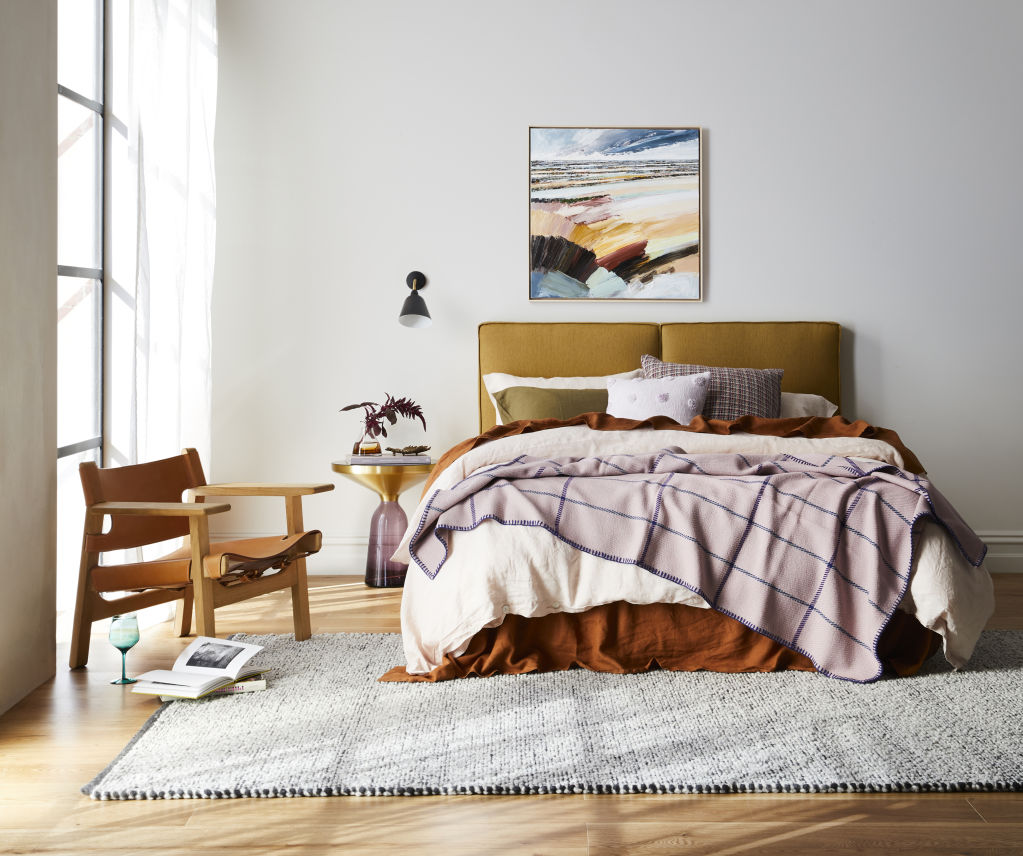
“From plush velvets to mood-boosting bouclé, natural linens to quilted designs and deep-buttoned detailing, a padded bedhead instantly provides the room with a layer of comfort and texture, not to mention the perfect support to rest against,” says Heatherly Design founder Georgie Leckey.
The transformative power of serene colour is also undisputed in a bedroom.
“Soft, neutral shades, warm, earthy hues and rich jewel tones all create a comforting and relaxing aesthetic that invites an effortless and refreshing rest,” Leckey says. “This season, we’re loving moody maroons, dark greys and charcoals, rusts and nutty browns, spicy yellows and reassuring shades of green – all of which are not too stimulating to distract you from sleep, while creating a warm and welcoming atmosphere.”
Eliminate clutter
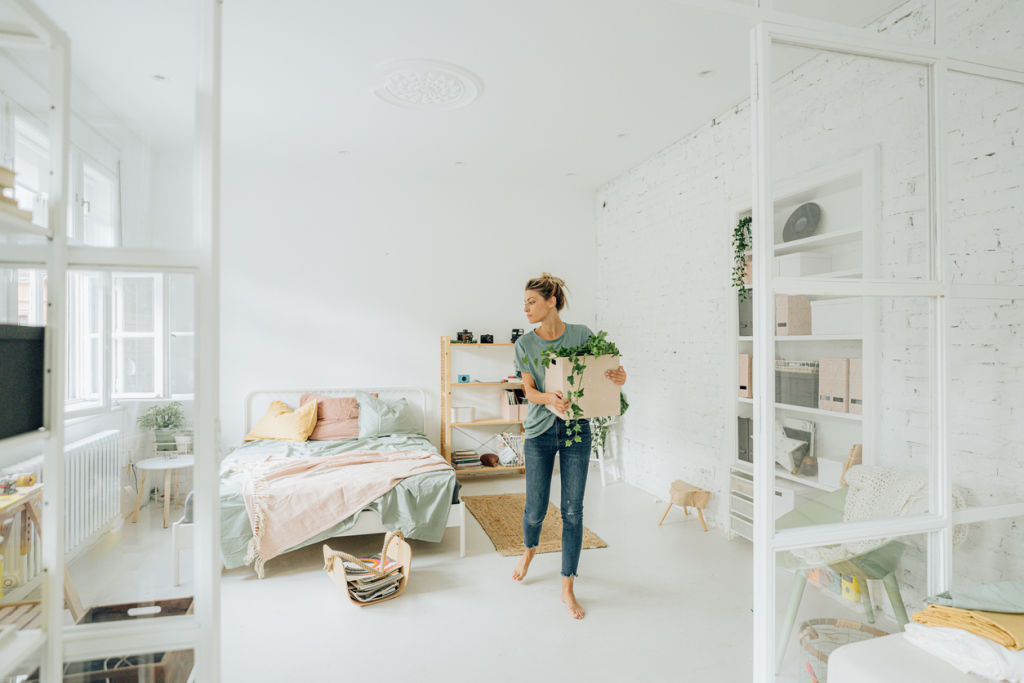
Studies have shown that a messy bedroom can have an adverse effect on sleep patterns. Take steps to keep clutter at bay in your designated rest zone.
“Upholstered footstools and ottomans, which double as storage, can add an extra dimension of plush comfort to your bedroom, as well as reduce clutter and reinforce calm,” Leckey says. “Nightstands and bedside tables should also be used functionally for storage. They can encourage some night-time rituals and cosy self-care to help you wind down after a long day, whether it’s as a place to pop down your cup of calming herbal tea, keep a journal or favourite book, or an indulgent night or hand cream.”
Regulate the temperature

“When you’re asleep, your body goes into a different thermo-regulatory process and you can often get quite chilled if you don’t have something to keep you warm,” Professor Bruck says, adding, “But on the other hand, it’s very easy to overheat, too. Between 17 and 19 degrees Celsius is considered the ideal temperature for most people for sleeping.”
And do be particularly mindful of cold – or hot – feet.
“If your feet are too cold, it’s hard to go to sleep,” Professor Bruck says. “Conversely, if you’re overheating in the night, with a hot flush or because the ambient temperature is too high, it’s good to be able to stick out your feet from under the doona.”
Let there be (some) light
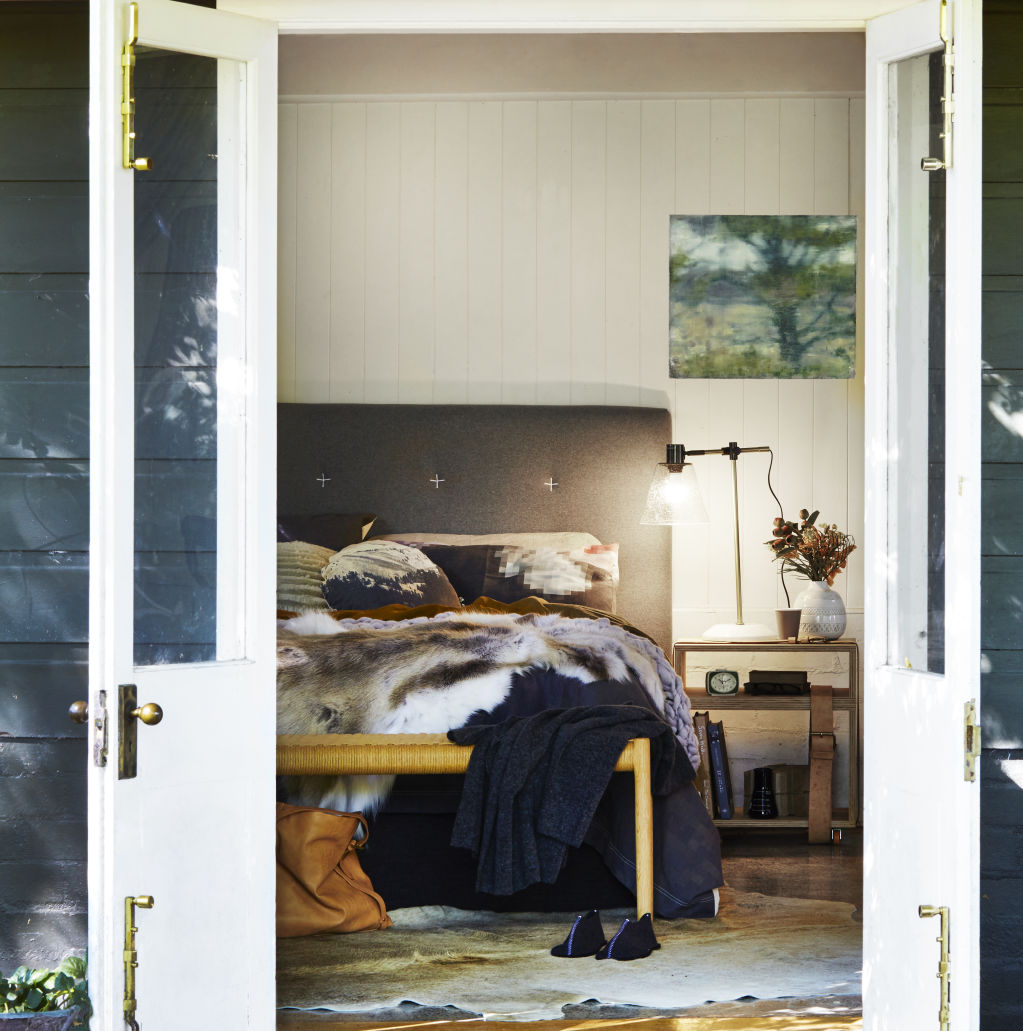
“Many of us like to have a little bit of light somewhere, so if we have to get up during the night, we can orientate ourselves,” Professor Bruck says. “But the lowest possible light level is the best for the bedroom.”
In certain instances, white noise may also be beneficial. However, be wary of becoming overly reliant on it when trying to drift off to sleep.
“Some people who are very sensitive to noise can find that white noise or, for example, the playing of rain on an app, can cancel out the other noises that might be occurring in the background,” she says. “But really what you want is to get to the stage where you can self-soothe yourself back to sleep, without having to have the crux of, say, a relaxation app or talkback radio.”
We recommend
We thought you might like
States
Capital Cities
Capital Cities - Rentals
Popular Areas
Allhomes
More
- © 2025, CoStar Group Inc.

